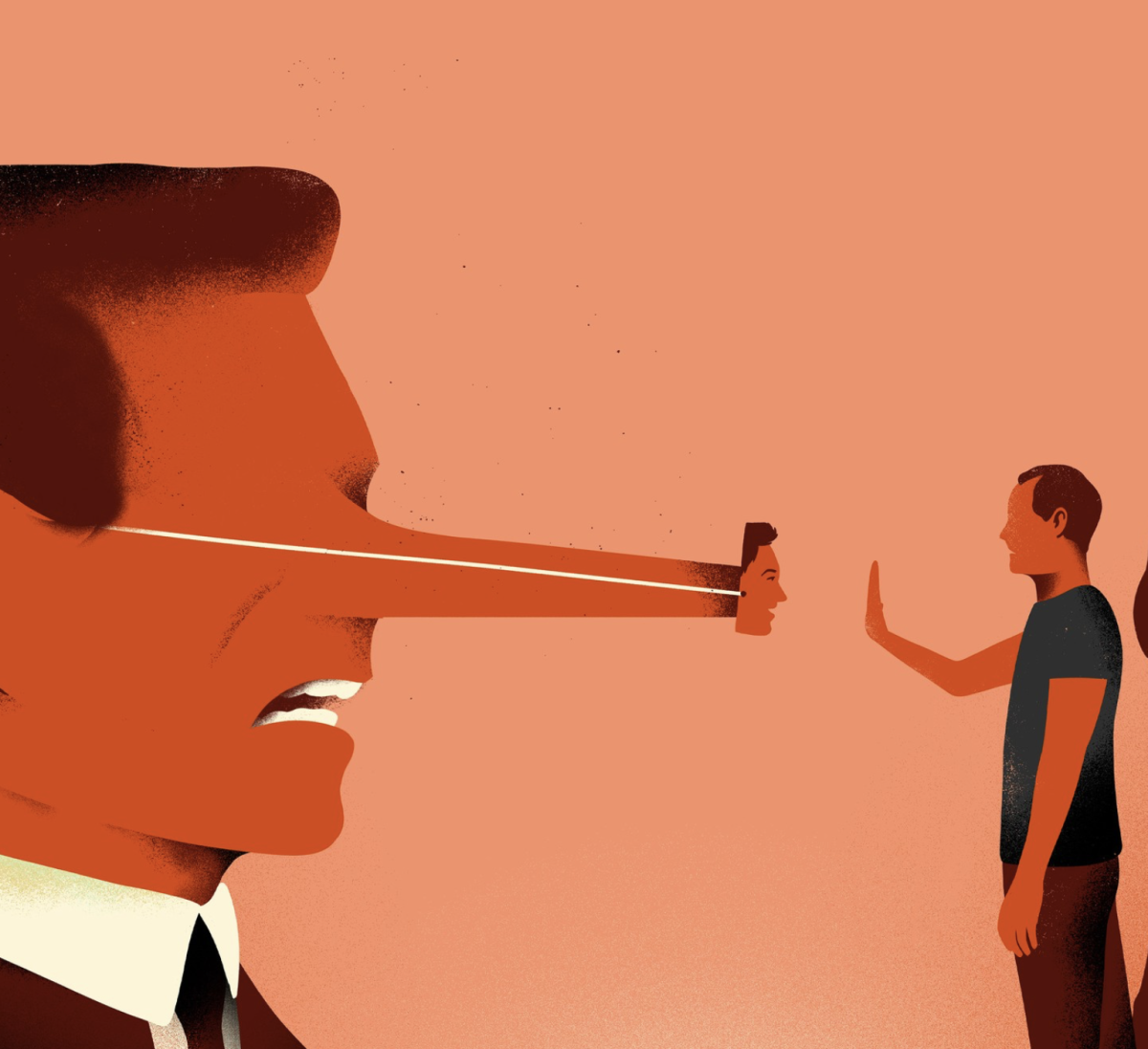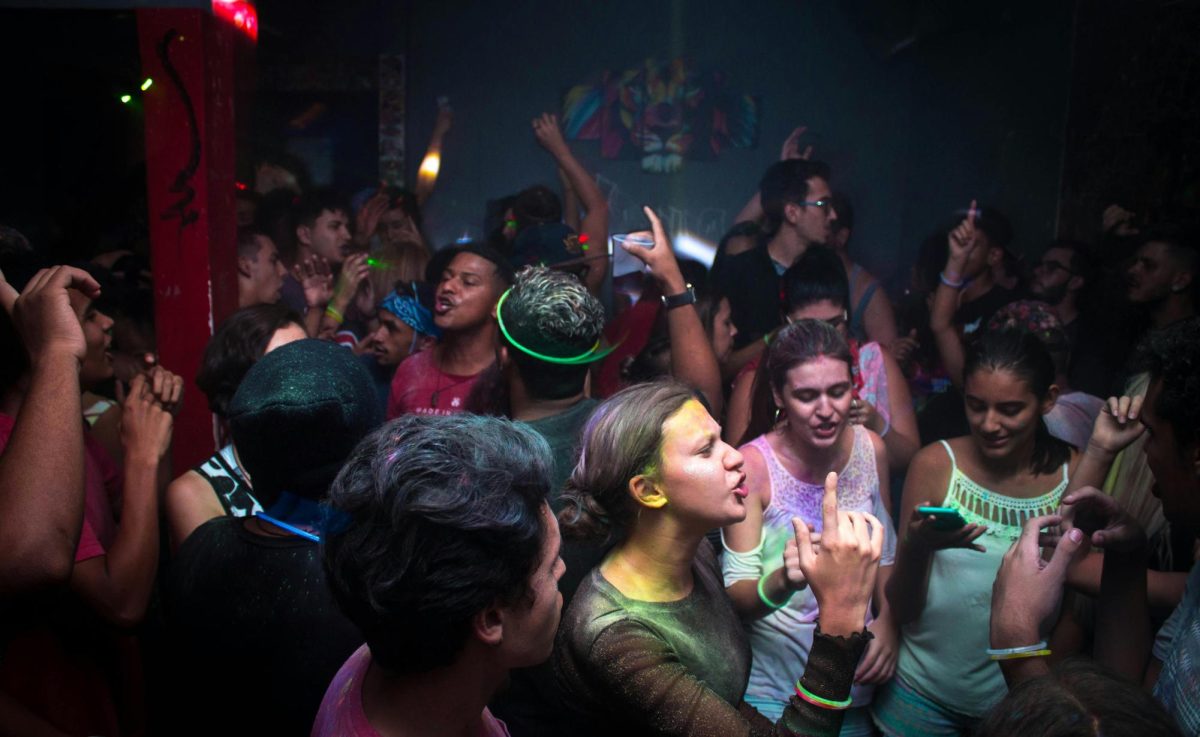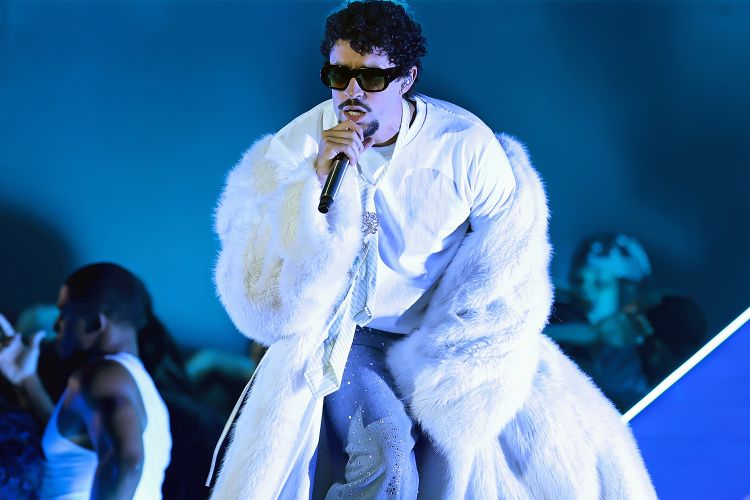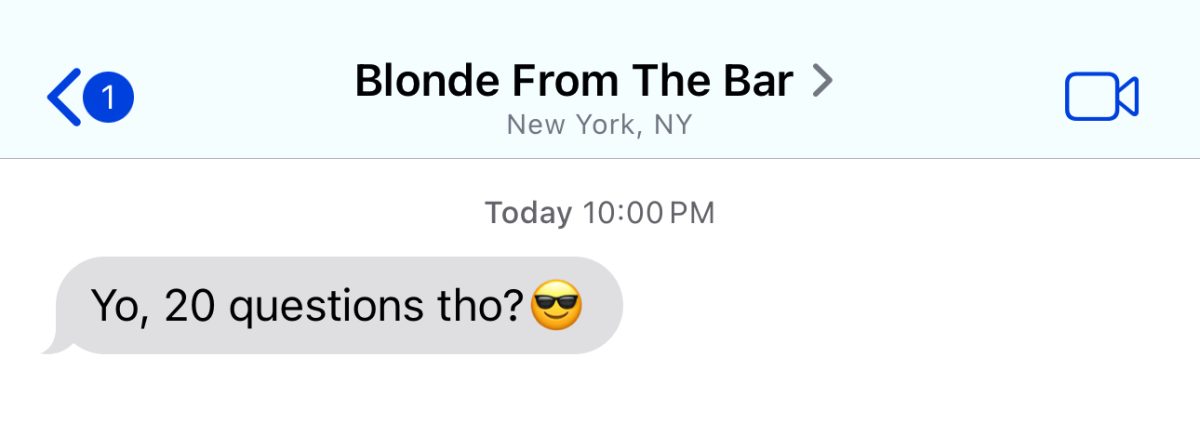Cancel culture has become a buzzword used frequently in pop culture and on the internet. The word has become polarizing from its constant use on social media and has even become a status symbol for controversial influencers and politicians. But what exactly is cancel culture, and does it even exist?
The word “cancel” has been used in music, movies, television and other kinds of pop culture. In the 1991 Wesley Snipes movie, “New Jack City,” his character says the line, “Cancel that b*tch. I’ll buy another one.” Years later, Lil Wayne used this line in a song, “Had to cancel that b*tch like Nino.” However, these uses of the word “cancel” differ from today’s context. The closest use of the word’s meaning today is in reality TV series “Love & Hip Hop,” when cast member Cisco Rosado says, “You’re canceled, out of my face.” The phrase then became popular after Black Twitter started to use it. From 2015 to 2016, the word “canceled” began to be used as a way of boycotting a celebrity for “going too far.” Around this time, a callout Tumblr blog called Your Fave is Problematic rose to prominence. The blog exposed many celebrities for past controversial comments and general problematic behavior. One of the most significant examples of a “canceled” celebrity is J.K. Rowling, the author of “Harry Potter.” Since around 2018, Rowling has constantly been under fire for her transphobic remarks. Many then started to call her out for these remarks and boycott any subsequent work from the “Harry Potter” series.
But is cancel culture even real? When a celebrity does get canceled, they often lose public favor on the internet. However, they will still have a devoted fan base that will support them no matter what. Rowling has lost support from “Harry Potter” fans and even the actors in the movie series, however, she has gained many supporters who never cared for the series in the first place due to her support for Trans Exclusionary Radical Feminists (TERFs). Someone of her status will be okay no matter what she says or believes in. “Harry Potter” continues to be one of the best-selling book series of all time. Rowling continues to make royalties from each book or merchandise sold and every adaptation made. Even with influencers, they can be “canceled” and still have a thriving career.
For example, influencer and makeup mogul Jeffree Star, who has always been a polarizing figure on the internet, has still been successful even after the internet canceled him. Since the beginning of his career, he has been under fire for racist, transphobic and antisemitic remarks. However, through all of this, Jeffree Star still sees much success through his cosmetics line and YouTube videos. He has lost support in the last three years, but continues to have one of the most successful influencer makeup brands. With an estimated net worth of $200 million, it is safe to say that cancel culture has not significantly affected his career. Someone as controversial as him still has a devoted fan base that purchases any product he releases.
Both Rowling and Star have lost support from social media users, however, there are still many who rarely use social media and don’t know or care enough about their problematic behavior to stop supporting them. These people will still continue to support them no matter what and drive much of their success. Any backlash or support lost throughout all of the controversies for canceled celebrities can affect their image on the internet but does not affect their images outside of the internet or their success. Ultimately, cancel culture cannot be real if the only thing affected is their image on the internet and not where it hurts the most: their pockets.
Due to frequent discourse surrounding cancel culture on social media, the term has become a buzzword. Many celebrities and, strangely enough, politicians, openly embrace their “canceled” status. Since the term’s prominence on social media has become a debate amongst Democrats and Republicans, far-right Republicans, such as Rep. Marjorie Taylor Greene, have criticized cancel culture as a way to restrict free speech. When a celebrity or politician embraces their “cancellation,” it’s a way to align themselves with their idea of freedom of expression. But those who want to call someone out for problematic behavior also have a right to freedom of expression; people have the right to not support a celebrity or politician for remarks, behaviors, or beliefs they disagree with. There are consequences to one’s actions, and if the consequences are a boycott or a ruined public image, that’s on them. Politicizing cancel culture and making it the central issue of the Republican Party is, quite frankly, a way of deflecting from many of the significant issues voters are currently facing. No one on either side is having their freedom of speech threatened, and they barely face repercussions in the end.
Cancel culture has become a divisive term amongst many due to how it’s viewed as a way to restrict freedom of speech and expression. It’s seen as a way to tear someone down, but there are barely any repercussions for those who are canceled. Many prominent figures who have been canceled continue to have a platform, devoted supporters and, most importantly, financial power. In the long run, their reputation can be affected, but they will still continue to have successful careers.







